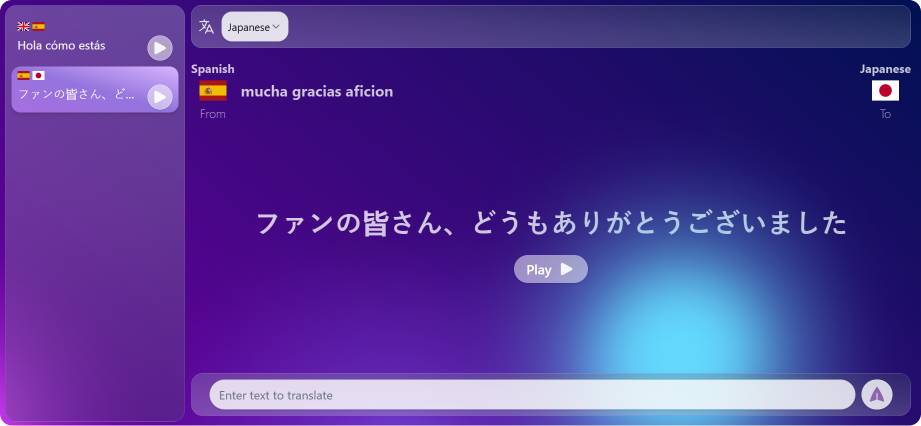
Created edge functions using Hono RPC Stack.
Server
import { Hono } from 'hono'
import example from 'routes/example'
const app = new Hono()
.basePath('/api')
.route('/example', example)
.route('/...', ...)
export type AppType = app
[[route.ts]]
import { Hono } from 'hono'
import { z } from 'zod'
import { zValidator } from '@hono/zod-validator'
import { db } from '../db'
const schema = z.object({
id: z.string(),
title: z.string(),
})
const test = new Hono()
.post('/', zValidator('form', schema), async (c) => {
const todo = c.req.valid('form')
await db.test.create({ data: todo })
return c.json({
todo
})
})
.get('/', async (c) => {
const todos = await db.test.findMany()
return c.json({
todos
})
})
export default test
/routes/example.ts
Client
import { AppType } from './server'
import { hc } from 'hono/client'
const client = hc<AppType>('/api')
const res = await client.todo.$get()
const post = await client.todo.$post({
form: {
id: '12309',
title: 'example'
}
})
Cloudflare Workers
wrangler for dev
{
"scripts": {
"dev": "wrangler pages dev --compatibility-flags=nodejs_compat --compatibility-date=2024-03-15 -- vite",
}
}
Compatibility flags
Environment variables
using wrangler.toml
[vars]
KEY = "..."
using .dev.vars
similar to a regular .env
KEY=...
Handled Client State with Zustand
import { create } from 'zustand'
type exampleStore = {
allExamples: string[]
addExample: (example:string) => void
isExample: boolean
toggleExample: () => void
}
export const useExampleStore = create<exampleStore>((set) => ({
allExamples: [],
addExample: (example) => set((state) => ({ allExamples: [...state.allExamples, example] }))
isExample: false,
toggleExample: () => set((state) => ({ isExample: !state.isExample }))
}))
stores/example.ts
import { useExampleStore } from '@/stores/example'
const App = () => {
const { allExamples } = useExampleStore()
return (
// ...
{allExamples.map((example) => (
<div key={example.id}>
{example.title}
</div>
))}
)
}
Created a deployment pipeline using GitHub Actions.
Serve and Test (start-server-and-test)
> start-server-and-test prod http://localhost:8788 'npx playwright test'
1: starting server using command "npm run prod"
and when url "[ 'http://localhost:8788' ]" is responding with HTTP status code 200
running tests using command "npx playwright test"
env variables (stackoverflow)
paste your entire env file in one secret named ENV_FILE and the just do echo "${{ secrets.ENV_FILE }}" > .env
- name: Create env file
run: echo "${{ secrets.ENV_FILE }}" > .env
Skipping workflow
add if statement before steps to check if commit msgs for a skip flag (in this case ‘#skip’)
jobs:
test:
timeout-minutes: 60
runs-on: ubuntu-latest
if: ${{ github.event_name == 'push' && !contains(join(github.event.commits.*.message, ''), '#skip') }}
Tested the application using Playwright.
npx playwright test
import { test, expect } from '@playwright/test`
test.beforeEach(async ({ page }) => {
await page.goto('...')
})
test.describe('example', () => {
test('display a todo', async ({ page }) => {
const newTodo = page.getByPlaceholder('Add a todo')
await newTodo.fill('a todo')
await newTodo.press('Enter')
await expect(page.getByTestId('todo')).toHaveText('a todo')
})
})
/test/main.spec.ts
const App = () => {
return (
//...
<div data-testid="todo">
{todo}
</div>
)
}